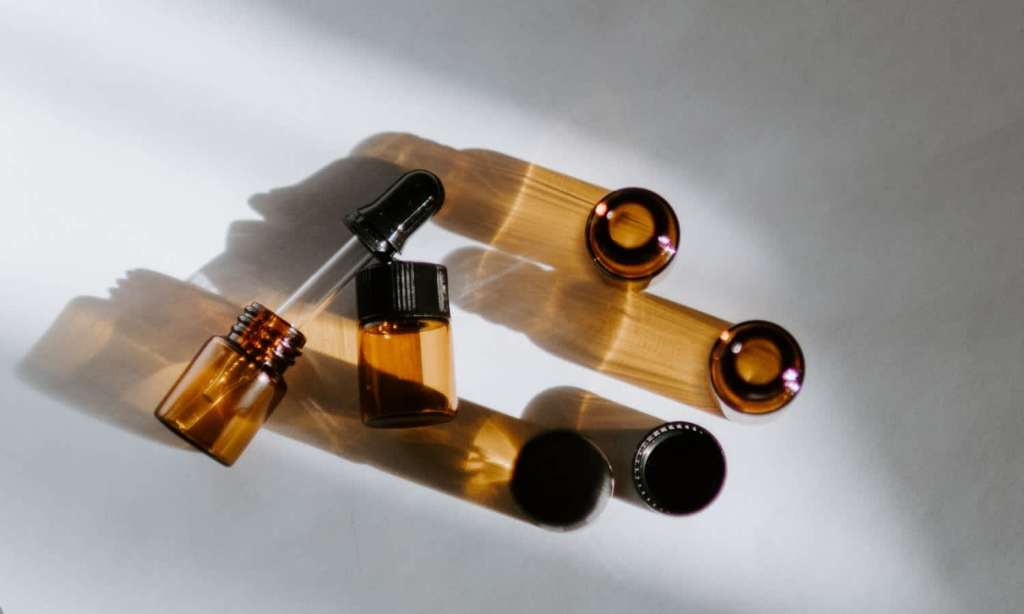Unless you’ve been living under a rock for the past few years, you’ve probably heard about CBD oil being the new frontier when it comes to treating a variety of ailments, from anxiety to chronic pain conditions.
As medical marijuana becomes more widely accepted in Australia, more people are trying to access products and information about the way in which they could benefit from CBD oil, but as I found when I went down this rabbit hole myself, it can be a very tricky process. There are questions around legality, dosage and access — all of which can be super confusing.
From my research, experience and what I’ve been told by professionals in the medical and cannabis industries, here’s what you need to know.
Not all oils are created equally
Specifically, there’s a ton of confusion around the difference in oils derived from hemp, versus the oils derived from the entire cannabis plant. It also doesn’t help that many hemp oil companies market their products as CBD oil and vice versa.
It’s important to make sure you know what you’re buying, not only because these products have different legalities, but because the price differences can be astonishing, and you don’t want to get ripped off!
— CBD oil
CBD oil is extracted from the entire cannabis plant, has anti-inflammatory benefits, and can help with a range of health concerns from skin problems to chronic pain. It’s also been shown to help relieve nausea and vomiting and can be used in the treatment of depression and anxiety.
“Cannabidiol — known as CBD — is one of over a hundred active compounds or cannabinoids found exclusively in the cannabis plant,” Cindy Capobianco, co-founder of Lord Jones, a company that produces CBD products in the United States, told Well + Good.
“CBD acts as an analgesic and anti-inflammatory, which reduces pain and inflammation. It’s been used for centuries to successfully provide pain relief to muscle aches, arthritis, joint pain, neuropathic conditions, headaches, and to aid skin conditions like eczema, psoriasis, rosacea, even sunburn, and bug bites when used topically.”
For CBD oil, you’ll need a script from your doctor and approval from the Government through the Special Access Scheme. While CBD on its own will not get you high, many CBD oils also contain THC, which is what gets you high.
When it comes to hemp CBD oils, it’s likely that these have very low levels of actual CBD in them. If you’re buying it over the counter rather than through a pharmacy, it’s likely that it’s actually a hemp oil product and won’t be effective in the treatment of medical conditions.
The best way to access CBD oil is by speaking to your doctor, but many are still unfamiliar with the process. I went through Tetra Health, a company that acts as the middle man for both doctors and patients when it comes to medicinal marijuana.
They helped my doctor become more informed about helping me access CBD oil and helped him to navigate all the government applications. Then, they were able to recommend products, and have been endlessly helpful in regards to dosage and have supported me with our many phone appointments, which has been very convenient. You can read more about my experience here.
— Hemp oil
Although it may not be useful for the treatment of medical conditions, hemp oil still has a ton of benefits worth raving about. While CBD oil is extracted from the entire plant, hemp oil is extracted only from the plant’s seeds and is more like a superfood than a medicine.
“Hemp seed oil, sometimes referred to as cannabis sativa seed oil, is perfectly good seed oil that’s high in antioxidants, omega-3 and -6 fatty acids, but contains no CBD,” Capobianco told Well + Good. “Hemp seed or cannabis sativa seed oil has been available in health food stores for decades and abundantly present in smoothies and skincare.”
Read more stories from TheLatch— and follow us on Facebook.

